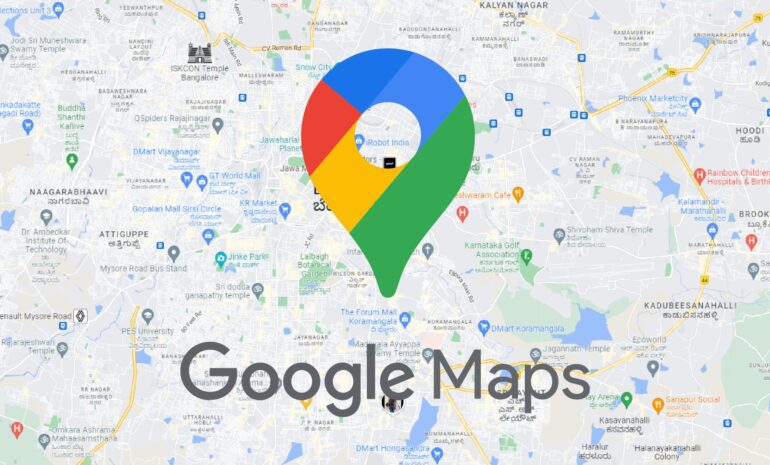TL;DR:
- Google Maps integrates generative AI to enhance user experience.
- Users can receive tailored recommendations for restaurants, shopping, and more.
- The AI leverages a vast database of 250 million places and insights from 300 million contributors.
- Initial rollout in the United States, with global expansion plans undisclosed.
- Google aims to transform Maps into a comprehensive discovery tool.
- Local Guides community will have early access, ensuring thoughtful deployment.
- The approach emphasizes conversational, personalized interactions.
Main AI News:
In a strategic move to further elevate user experience, Google is injecting the power of generative AI into Google Maps. This innovative addition aims to revolutionize the way users discover exciting places, leveraging the capabilities of large language models (LLM).
The new feature is designed to swiftly respond to user queries, offering recommendations for restaurants, shopping, and more. Google Maps’ generative AI will tap into its vast database of information, encompassing over 250 million places, and draw upon insights from a community of over 300 million contributors. This synergy will enable it to provide insightful suggestions on where to go.
While this cutting-edge feature is initially rolling out in the United States, Google has not yet disclosed a timeline for its availability in other countries. This strategic move aligns with Google’s vision of transforming its flagship navigation product into a comprehensive tool for discovering new destinations, transcending its role as a mere directional guide. Leveraging generative AI is a logical progression in this transformation.
To illustrate the practicality of this feature, consider a scenario where you’re exploring San Francisco and wish to uncover unique vintage treasures. Simply inquire with Google Maps, specifying your desire for places with a vintage ambiance in SF. Google’s AI models will diligently analyze the rich information about nearby establishments, including photos, ratings, and reviews contributed by the Maps community, to furnish you with reliable suggestions.
Google is initiating this integration cautiously, commencing with collaboration with the Local Guides community, comprised of dedicated contributors. These contributors will have exclusive access to the generative AI feature in Google Maps at the outset, ensuring that its deployment is thoughtful and refined. Subsequently, Google plans to extend access to the broader user base in the future.
Local Guides, a community established in 2019, consists of global explorers who actively engage in activities such as writing reviews, sharing photos, answering inquiries, adding or editing places, and verifying facts on Google Maps. This collaborative approach will potentially provide a more conversational and personalized experience, distinguishing it from a conventional search for “vintage store SF” in the standard Google Maps search bar. Expect a response that aligns with the conversational style reminiscent of chatbot interactions, offering a more engaging and interactive exploration of your surroundings.
Conclusion:
Google’s integration of generative AI into Google Maps marks a significant advancement in the mapping and exploration market. This innovative move enhances user experience by offering personalized recommendations, leveraging a vast database and community insights. While initially limited to the United States, this expansion is poised to reshape how people discover and interact with their surroundings, with the potential for further disruption in the mapping industry.

